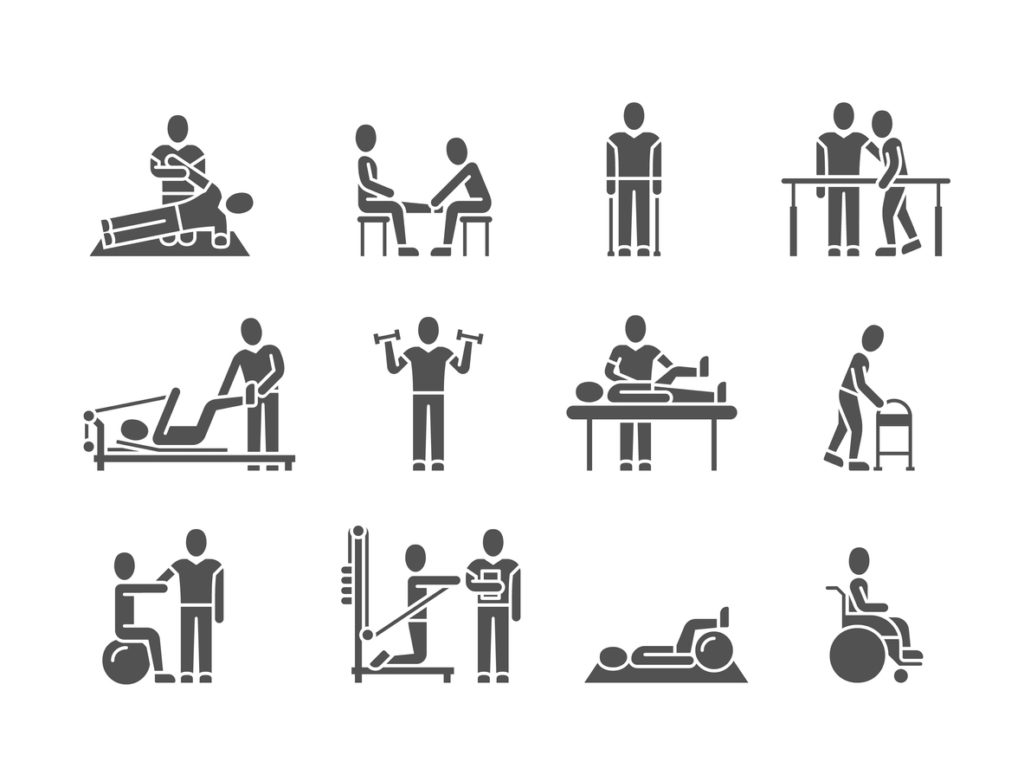This study will explore how patients with rheumatoid arthritis evaluate, or rate, symptom improvements. Physicians generally evaluate patients’ health and treatment benefits based on laboratory measures, such as the number of tender or swollen joints, duration of morning stiffness, grip strength, pain severity and others. Less attention is given to whether these treatment results are meaningful to patients. This study will examine how much of an improvement in pain, stiffness, function, and other symptoms is needed before patients consider the change an important improvement.
Official Title
Conditions
– Rheumatoid Arthritis
Study Type
Observational
Study Design
Natural History
Further Details
Patients 18 years of age or older who were diagnosed with rheumatoid arthritis after age 16 and who have active arthritis (6 or more tender joints) may be eligible for this study. Of particular interest are patients beginning treatment with prednisone, methotrexate, leflunomide, infliximab, or etanercept, although patients receiving any type of treatment may be included. Participants will be evaluated twice at the NIH Clinical Center, once at the start of the study and again at either 1 month or 4 months later, depending on the individual’s treatment regimen. Permission will also be requested to review patients’ medical records for results of previous blood tests and x-rays. At each NIH visit, patients will undergo the following tests and procedures: – Medical history and physical examination, including evaluation of joint swelling and tenderness;- Questionnaires about rheumatoid arthritis symptoms;- Computer-based exercise to assess preferences for various state-of-health choices;- Grip strength test;- Walking test on level ground, with or without the use of a cane or walker;- Blood test to measure inflammation.At the second visit, in addition to the above procedures, participants will complete a questionnaire to rate the importance of changes, if any, in pain, morning stiffness, fatigue, joint swelling, functioning, worry, depression, and overall impressions, since the first visit. Proper interpretation of the results of clinical trials requires an assessment of not only the statistical significance of treatment differences but also the clinical importance of such differences. Efforts to define criteria for important improvement in rheumatoid arthritis (RA) activity have thus far not considered the patient’s perspective. The aim of this project is to determine if criteria for important improvement in arthritis activity measures can be defined. This will be done by assessing the agreement among patients of judgments of important changes in arthritis activity. We will also determine if preference measures, which are a group of measures of the desirability of a particular state of health, can be used to assess when patients experience an important change in their arthritis. This prospective longitudinal observational study will measure changes in 12 arthritis activity measures, changes in preference measures, and judgments of the importance of changes in arthritis activity over one to four months in 300 patients with active RA. Consensus among patients regarding the degree of change considered important would allow group criteria for important improvement to be defined that were based on patients’ valuations.
Study Start
Eligibility & Criteria
Genders Eligible for Study: Both Criteria INCLUSION CRITERIA:Participants will be recruited by physician referral and self-referral.Inclusion criteria will be:1. A diagnosis of RA;2. Age 18 years or older;3. Onset of arthritis after the age of 16 years;4. English literacy;5. Active arthritis, as evidence by six or more tender joints.EXCLUSION CRITERIA:Exclusion criteria will be:1. Inability to provide informed consent.2. Children will necessarily be excluded from this protocol.
Total Enrolment
300
Contact Details
[1] National Institute of Arthritis and Musculoskeletal and Skin Diseases (NIAMS)
All content and media on the HealthEngine Blog is created and published online for informational purposes only. It is not intended to be a substitute for professional medical advice and should not be relied on as health or personal advice. Always seek the guidance of your doctor or other qualified health professional with any questions you may have regarding your health or a medical condition. Never disregard the advice of a medical professional, or delay in seeking it because of something you have read on this Website. If you think you may have a medical emergency, call your doctor, go to the nearest hospital emergency department, or call the emergency services immediately.







